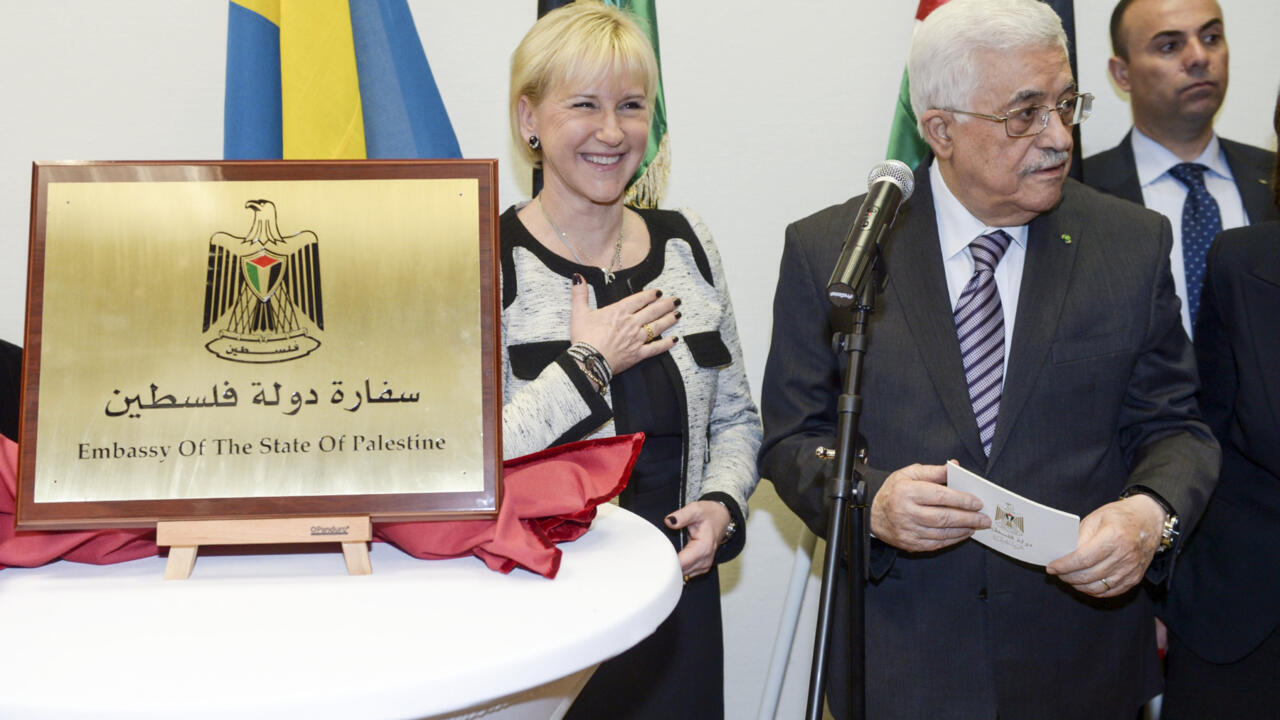- cross-posted to:
- europe@feddit.org
- world@lemmy.world
- cross-posted to:
- europe@feddit.org
- world@lemmy.world
It was October 30, 2014, and Sweden was the first country to recognise Palestinian statehood as a current European Union member. (Some eastern European countries, including Poland and Hungary, had already done so in connection with Palestine’s declaration of independence in 1988, but the acknowledgements carried less weight since they were made prior to EU admission.)
The Socialist-led government in Stockholm had hoped that the move – which was widely described as both surprising and bold in European media – would put the Israelis and Palestinians on a more equal footing, and thus help revive the hopes of a two-state solution.
But for the Swedish plan to work, the tiny nation of barely 10 million needed other, more powerful, Western countries to follow suit. No one did.
Israel reacted to Sweden’s decision with fury. Tel Aviv immediately recalled its ambassador, and local trade groups threatened with boycotts.
(Former Sweden Foreign Minister Margot Wallstrom says), “If the European Union had committed itself back then, and used the political and economic tools it has at its disposal to stop the settlement expansion and encourage a two-state solution, we might not have been where we are today.”


